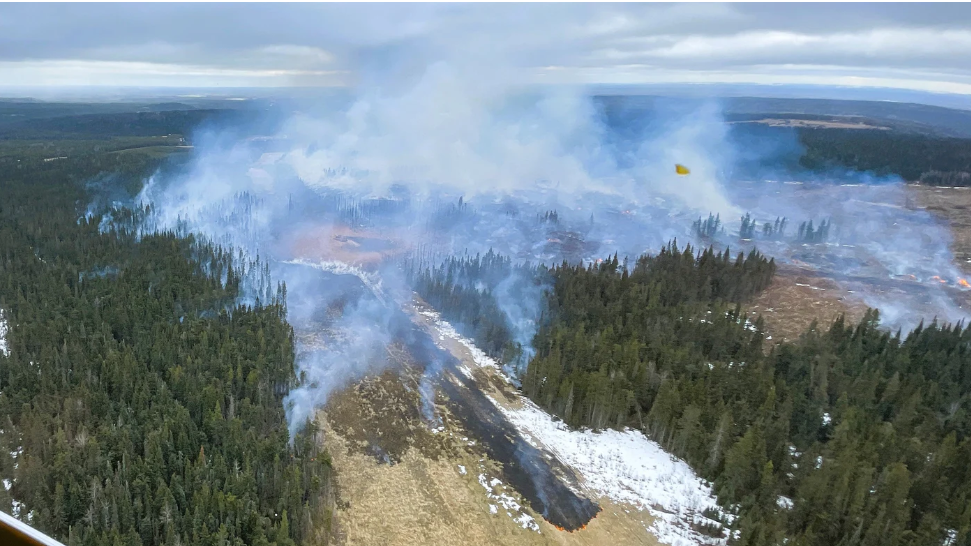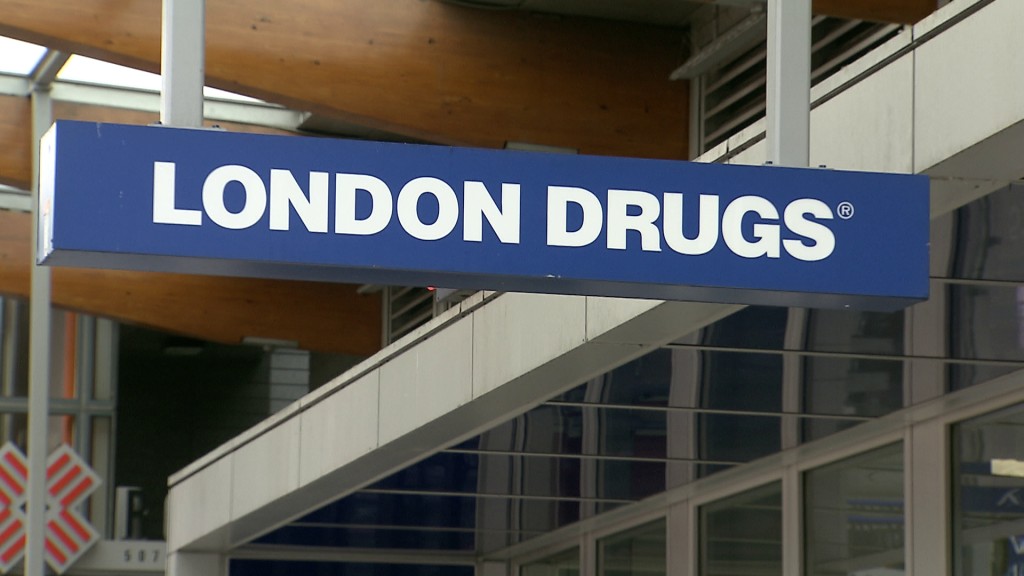‘Fascinating ethics’: Mask debate may continue long after mandates lift
Posted Feb 18, 2022 4:51 pm.
We’ve gotten used to wearing masks over the past couple years of the pandemic, but as mandates lift for the general public there’s a question around how we will treat each other going forward.
The rise of anti-mask protests and the spread of misinformation has already created a societal divide on top of the health impacts of COVID-19, with the simple mask being one of the most visual signs of whether or not you take the virus seriously.
However, with masks already no longer being required in Alberta schools and mandates also dropping across the province and City of Calgary, that will complicate the situation.
“It makes for fascinating ethics,” said Dr. Scott Patten, a professor at the University of Calgary’s Department of Community Health Sciences, and expert in the epidemiology of mood disorders.
“It seems that occasionally, someone will perceive wearing a mask to be some sort of symbol of some sort of political view, and it seems like it’s become something of a divisive issue, which is unfortunate.”
There is a study happening at the University of Calgary, which emerged as a result of questions raised by Calgary city council when the mask bylaw was getting drafted.
It seeks to get a better understanding from people on why they do or don’t support the wearing of masks.
Study shows masks important issue among Calgarians
Originally, they hoped to get responses from 250 people but that number has swelled 10 times to over 2,500.
“This is obviously a really important issue to Calgarians,” said Dr. Katrina Milaney, one of the leads on the study with the Cumming School of Medicine.
While final results of the study will not be out until the spring, initial results show that the vast majority of people still do approve of wearing masks and the difference of opinion does seem to stem from where people are getting their information.
Apart from the broader general public, there’s also the question of how children are faring with this change after the mask rules were suddenly removed on Feb. 14. The city’s mask bylaw also ceased to be in effect for people aged under 13 when the plan to repeal the bylaw was approved by council the following day.
Some parents have said their kids will continue to wear masks and there isn’t too much worry about bullying or divisions forming in schools, but because bullying is always a persistent problem it’s hard to say that nothing of the sort will happen.
“If there isn’t continued understanding of why some kids will need to continue wearing (masks), the lack of understanding could lead to people not knowing and the othering is a natural fallout of lack of general understanding,” said Wing Li with Support our Students Alberta. “Some children are immunocompromised and now you’re asking them to basically declare their own health status visibly.”
It builds on a prior problem through the pandemic, where many parents were not quite clear about what the situation was like in schools and there wasn’t a lot of trust in government policies.
“It’s been a black box for many parents for two years,” said Li. “It has increased downloading on everyone else, including teachers to sort of facilitate what they’re parents want them to monitor. All of it is just not sustainable when it comes down to this rhetoric of personal choice when it’s a collective problem.”
But Li cannot say for sure if there will be some more bullying, though it is encouraging at the moment that many kids are still choosing to keep their masks on in the urban centres.
Read More:
-
Alberta students walk out to protest decision to lift mask mandate in schools
-
Calgary council votes for plan to repeal mask bylaw
-
Alberta parents raise concerns about removal of mask mandate for school children
From a psychological standpoint, it’s fair to assume that some of the divisions we see in the general public will also pop up in the school environment.
“We do see that in the general population, so it is very likely that we will see that in our schools as well,” said Milaney, who added there’s also a lot more stressors on children as a result of the pandemic. “If there were a number of kids who felt a little bit disconnected from their school before the pandemic, where are they? Have they stayed engaged in school? Will we see an increase in dropout rates? Those kinds of things, because I think it is much bigger than just mask wearing.”
“Bullying has always been around and it has harmful effects,” said Patten. “But at a time like this, when you have particularly visible symbols of decisions and beliefs that might end up being targeted, I suppose there is a potential there for that to become a basis for bullying.”
Getting used to masks
It will also take time for the majority of people to change their perceptions and rewire their brains, in a way, in order to get used to seeing fewer people wear masks on city transit or in malls.
One potential positive of the pandemic is it has increased the knowledge of health among a large part of the population, and further instilled trust in doctors and scientists.
There’s hope now that this feeling can dominate, instead of feelings of fear and division, so we can move ahead as a collective society. It could also pave the way for western nations more closely follow the lead set by countries such as Japan or China where people have long been wearing masks as a way to prevent the spread of infectious diseases, well before COVID-19 started to spread across the world.
“Usually people make medical decisions based on their perceptions of the risks and benefits, but here we have benefits that extend to the population levels,” said Patten.
“It will be really important for us to be able to feel free to wear masks if we choose to,” said Milaney. “I also just don’t like being sick, and so if there’s a small chance that I can avoid that by wearing a mask, I would probably choose to do so.”










